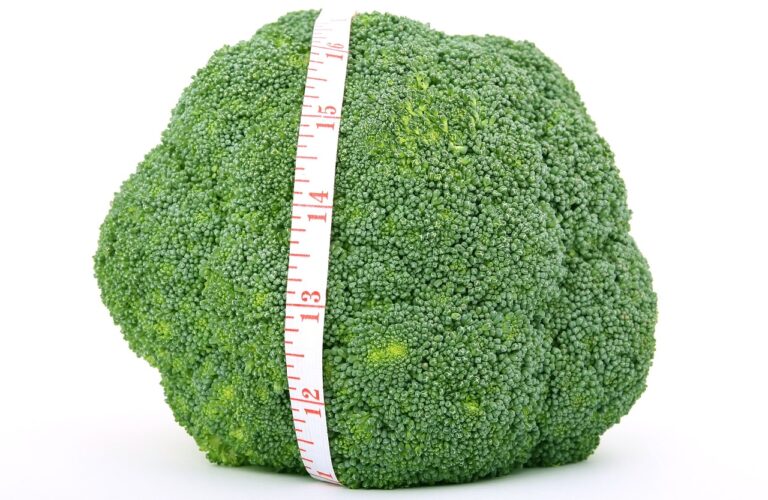Understanding the Link Between Nutrition and PCOS
Polycystic Ovary Syndrome (PCOS) is a complex endocrine disorder that affects many women of reproductive age. The symptoms of PCOS, such as irregular periods, infertility, weight gain, and excessive hair growth, can significantly impact a woman’s quality of life. While the exact cause of PCOS is unknown, research suggests that lifestyle factors, including nutrition, play a crucial role in managing the symptoms of this condition.
Nutrition is a key component in managing PCOS symptoms as it can help regulate hormones, improve insulin sensitivity, and support overall health. A balanced diet rich in whole foods, such as fruits, vegetables, lean proteins, and whole grains, can help stabilize blood sugar levels and reduce inflammation in the body. Additionally, incorporating foods high in fiber and antioxidants can help lower testosterone levels and reduce symptoms like acne and unwanted hair growth. By making mindful food choices and prioritizing nutrition, women with PCOS can better manage their symptoms and improve their overall well-being.
• A balanced diet rich in whole foods can help regulate hormones and improve insulin sensitivity
• Incorporating foods high in fiber and antioxidants can help lower testosterone levels
• Prioritizing nutrition can help reduce inflammation in the body and manage symptoms like acne and unwanted hair growth.
Common Nutritional Deficiencies in Women with PCOS
Women with polycystic ovary syndrome (PCOS) commonly face nutritional deficiencies that can exacerbate their symptoms and affect their overall health. One of the most prevalent deficiencies seen in women with PCOS is vitamin D. Research has shown that low levels of vitamin D are associated with insulin resistance, a common issue for those with PCOS. Adequate vitamin D levels are crucial for maintaining a healthy immune system, bone health, and overall well-being, making it essential for women with PCOS to monitor their vitamin D intake.
In addition to vitamin D deficiency, many women with PCOS also struggle with low levels of magnesium. Magnesium plays a vital role in various processes within the body, including insulin sensitivity and blood sugar regulation. Insufficient magnesium levels can worsen insulin resistance and metabolic issues commonly seen in PCOS. Therefore, ensuring adequate intake of magnesium through diet and possibly supplementation can help women with PCOS better manage their symptoms and promote overall health.
Impact of a Balanced Diet on Hormonal Balance in PCOS
For women with Polycystic Ovary Syndrome (PCOS), maintaining a balanced diet plays a crucial role in managing hormonal imbalances. A diet rich in whole grains, lean proteins, fruits, and vegetables can help regulate insulin levels, which in turn can have a positive impact on hormone levels. Including foods that are low in processed sugars and saturated fats can also aid in reducing inflammation in the body, which is often associated with hormonal disruptions in women with PCOS.
Moreover, incorporating adequate amounts of omega-3 fatty acids found in fish, flaxseeds, and walnuts can help reduce androgens levels in women with PCOS. By focusing on consuming nutrient-dense foods and avoiding processed or sugary foods, individuals with PCOS can potentially improve their hormonal balance. Additionally, staying hydrated and consuming a variety of vitamins and minerals from whole foods can contribute to overall hormonal health in women with PCOS.
How does nutrition play a role in managing PCOS symptoms?
Nutrition plays a crucial role in managing PCOS symptoms as it can help regulate hormonal imbalances, improve insulin sensitivity, and promote overall health and well-being.
What are some common nutritional deficiencies in women with PCOS?
Women with PCOS often have deficiencies in nutrients such as vitamin D, magnesium, zinc, and omega-3 fatty acids. These deficiencies can contribute to hormonal imbalances and exacerbate PCOS symptoms.
How does a balanced diet impact hormonal balance in PCOS?
A balanced diet that includes a variety of nutrient-dense foods can help regulate insulin levels, reduce inflammation, and support hormone production and balance in women with PCOS. This can lead to improved symptoms and overall health.






